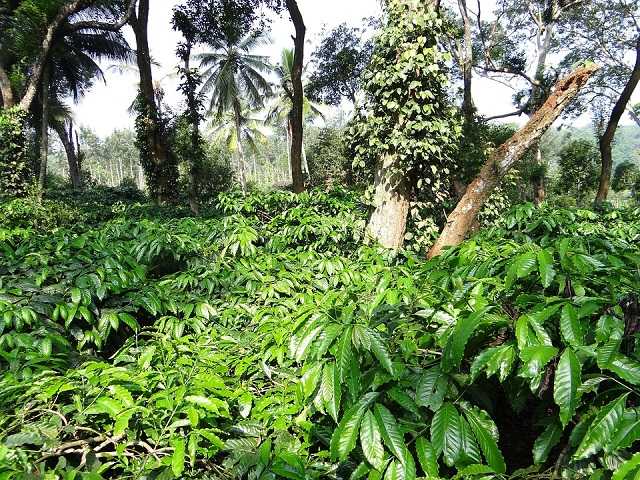MONTERÍA, Córdoba, Colombia — The Ministry of Agriculture and Rural Development of Colombia, Corporación colombiana de investigación agropecuaria AGROSAVIA, and the Nestlé company have recently met to address the progress of research on Canephora coffee in Colombia, a species that can become a sustainable alternative for agricultural producers in regions that are located between the sea level and 900 meters above sea level.
The research included introduction, quarantine, and establishment in observation and performance plots for adaptation analysis. The next steps include registering robusta coffee materials by region in Colombia in compliance with ICA regulations.
Furthermore, the generation of preliminary recommendations for establishment, propagation, and agronomic management.
Aura María Duarte, the Minister of Agriculture (in charge), pointed out, “This initiative to diversify coffee production is a significant step towards a more prosperous and sustainable future for Colombia.
It reminds us that we must continue to promote research, innovation, and collaboration between all the actors involved to address the challenges we face in the agricultural field.”
This project also contemplates the socio-economic analysis and zoning for implementing Canephora coffee cultivation in areas that have not traditionally been coffee-growing zones.
For the Executive Director of AGROSAVIA, Jorge Mario Díaz Luengas, “for Colombia, this project will contribute to increasing the volume of national production in pursuit of reducing imports of raw materials for the soluble coffee industry and will be a sustainable alternative for producers in non-traditional areas.
In addition, it offers the opportunity for mechanizing larger-scale production systems, thus contributing to the national economy and generating employment in the Colombian countryside.”
For his part, Laurent Freixe, CEO of Nestlé for Latin America, pointed out that “we have been supporting the AGROSAVIA project with plants for the development of plots where the characteristics and conditions of robusta are evaluated, and we committed 100% of the purchase of that production that originates in Colombian regions where coffee is not currently grown, to be used to manufacture our portfolio in Bugalagrande.”










